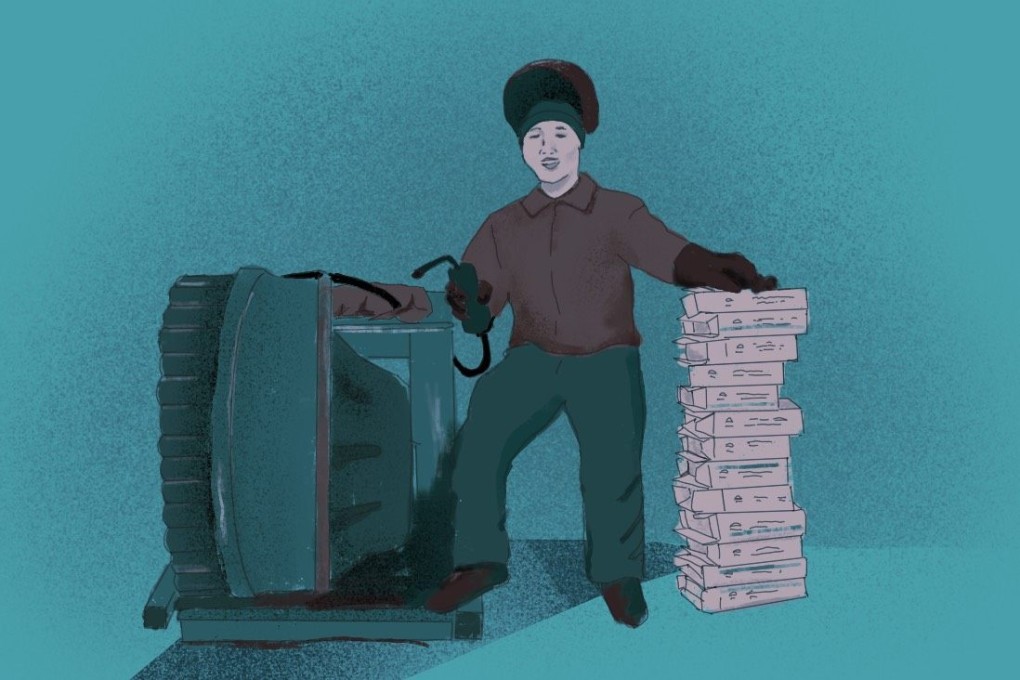Vietnamese migrants fill Romania’s worker crunch but face risk of exploitation
- Romania’s labour shortage offers jobs for Vietnamese in welding, meatpacking and house painting but they are exposed to harsh conditions and even human smuggling
- Advocates say Bucharest authorities have to fix its labour rights laws, especially if it now wants to take in Ukrainian refugees as workers

“I went far away to work so that my son can have a better life and his life will not be as hard as his mother’s,’’ Van told This Week in Asia, adding that she sends money home from the Eastern European state every month.
Yet Romania’s limited legal and labour rights infrastructure – plus a lack of support from migrants’ home countries – means migrant workers are vulnerable to risks of exploitation there.
More Vietnamese have gone to Romania to work in recent years, even though the country has received migrants from Vietnam since both countries established diplomatic relations in 1950.
Data on work permits issued to non-EU and Romanian citizens through the Freedom of Information Act shows for the three years between 2017 and 2019, Vietnamese were the largest group of newly-admitted foreign workers in Romania.